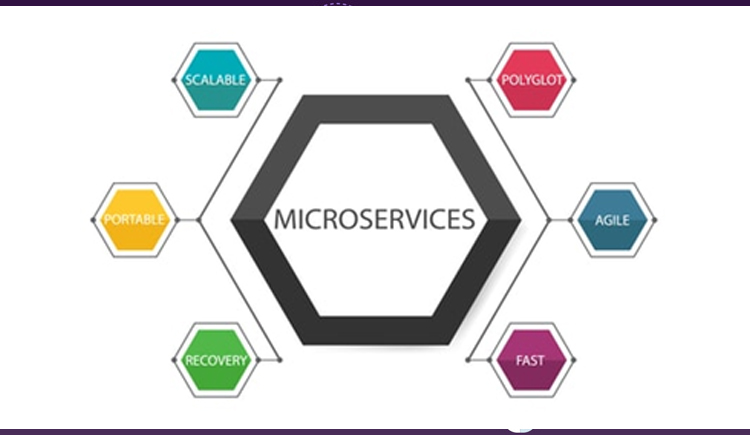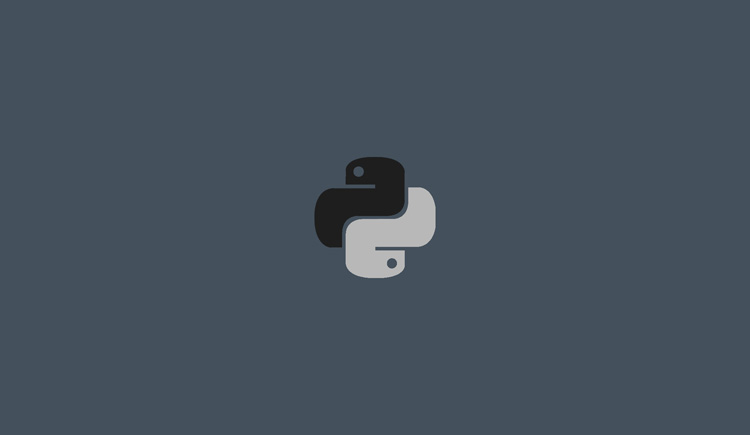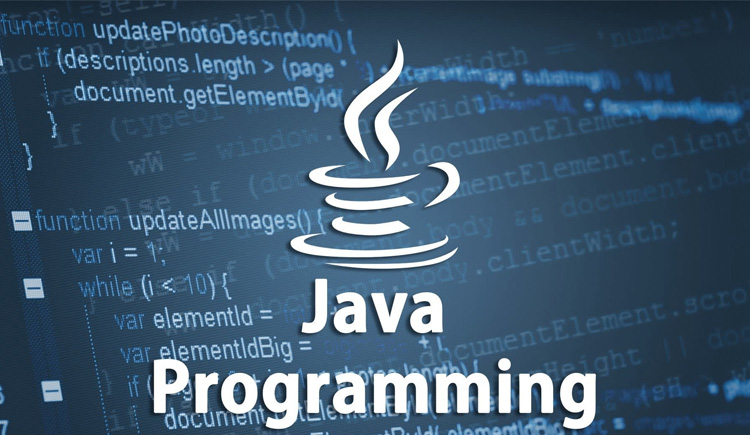
Microservices And DevOps
This course helps learn market disruptions brought by cloud adoption in the enterprise, To understand the importance of a robust multi-channel strategy.
Microservices are an architectural and organizational approach to software development where software is composed of small independent services that communicate over well-defined APIs. These services are owned by small, self-contained teams.
Microservices architectures make applications easier to scale and faster to develop, enabling innovation and accelerating time-to-market for new features.
Course Details
1. Our vision is to let every student go across standard learning and unlock new intelligence power. To improve the problem-solving capability of students through continual learning to produce quality engineers in the field of Computer Science.
2. To bridge the gap between industry and academia by bringing state-of-the-art technology.
3. To encourage innovation through multidisciplinary research and development activities.
4. To inculcate human values and ethics into students to serve society in all possible ways.
Course Information
- To explain the importance of Microservices and describe its need as an Architecture Implementation.
- To strengthen the understanding of basic concepts of Docker And Kubernetes.
- Be able to Deploy applications on docker and Access the Kubernetes
Module 1: Basic Introduction to: - HTML and CSS, Client Server Architecture, JavaScript Basics, Nature of JavaScript language, Understand JavaScript primitive types.
Module 2 : JavaScript Objects: - Java Script Array, Date and Error Objects types, Understand Java Script Array Objects, Understand Java Script Date Objects, Understand Java Script Error Objects
Module 3: Java Script Variables and Control Statements: - JavaScript Variables and different Control Statements, understand how to define JavaScript Variables, Work Java Script If statements, Work Java Script switch statements, Work Java Script for and while loop statements
Module 4: JavaScript Functions: -introduces JavaScript Functions, declare a JavaScript function, creating custom objects with functions, adding functions to prototypes, Self executing functions
Module 5: Client-Side Java Script: -JavaScript is used with HTML and the Document Object Model i.e. DOM, Understand Scripts in HTML documents, Describe the document object model (DOM) hierarchy, Overview of the DOM specification levels, Describe the window and document objects, Accessing document elements
Module 6: Server side NodeJS:- Key features of NodeJS, Installation and Configuration, NodeJS Command Line, Sample Project using Node Express command prompt, Nodeclipse plugin, Sample Project using Nodeclipse, Performing CRUD Operations, Key features of MongoDB, Connection Pooling using NodeJS Mongo driver
Module 7: Containerization:- Docker architecture, Virtual machines versus containers, about containers, Docker: A shipping container for code, Benefits of using containers, Docker basic concepts, Container ecosystem, Kubernetes, Container, orchestration, Kubernetes architecture, Master Node Components, Worker Node Components, Kubernetes Building Blocks, Images, Immutability, Pod
Module 8: Kubernetes:- Deploying Applications on Kubernetes, Pod Health Checking, Kubectl Commands, Cloud Application Component Architecture, Benefits of using Kubernetes with IBM Containers, About Microservices ,monolithic application, microservice security, api management and gateways, the future of microservices, microservices governance.
Module 9 : Introduction to DevOps :- Illustration of DevOps, describe the capabilities of IBM Cloud Continuous Delivery, identify the web-based integrated development environment features in IBM Cloud Continuous Delivery.
Module 10: IBM Cloud Continuous Delivery:- How to use source code management and Issue tracking, learn how to build and deploy applications using DevOps tools on IBM Cloud.
Future Opportunity
Students will be able to apply mathematical knowledge, science foundations, and expertise in complex computer science/software problem-solving solutions. They will be able to design systematic solutions under research-based knowledge and research methods in the form of components, processes or a program for complex computer science problems that meet the specified needs with appropriate consideration for public health and safety, cultural, societal, and environmental factors.
Tutor Information
IBM Cloud Certified
Salesforce Certified
C,C++,JavaScript,HTML,CSS
Node.js, Cloud Computing, Networking, IBM Cloud, Amazon Web Services(AWS)
Cloud security, Microservices, Docker, Kubernetes
Industry Driven projects
Parking Tickets . GPS Tracking . Online Payments Parking App That Helps In Parking Tickets, Payments And GPS Tracking
DOKO Description: Chat App, Dating
Soil Moisturizing- https://soilhealth.dac.gov.in/HealthCard/HealthCard/state
E-commerce practice website-It’s a full featured e-commerce website simulator and my favourite. Here you can test anything from a simple login page to product selection and add/edit your shopping cart. It covers the complete online shopping workflow. You can write Selenium scripts to fill address, shipping details, and proceed to simulate payment.
Chat bot- It asks you to log in first before presenting the online flight booking web page.
Trijobs.org tested using selenium web driver. Its a Job Portal for Employers and Candidates
ParaBank Banking Software – This is a banking website that allows for automation through the UI and through the Web Services (REST and SOAP). This is hugely beneficial because it will allow you to think of your automation in terms of the automation pyramid.
Sauce E-Commerce- This is probably the site that I have seen for UI test automation. This website is an e-commerce store that has several cool attributes.








